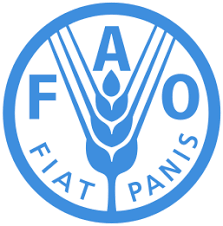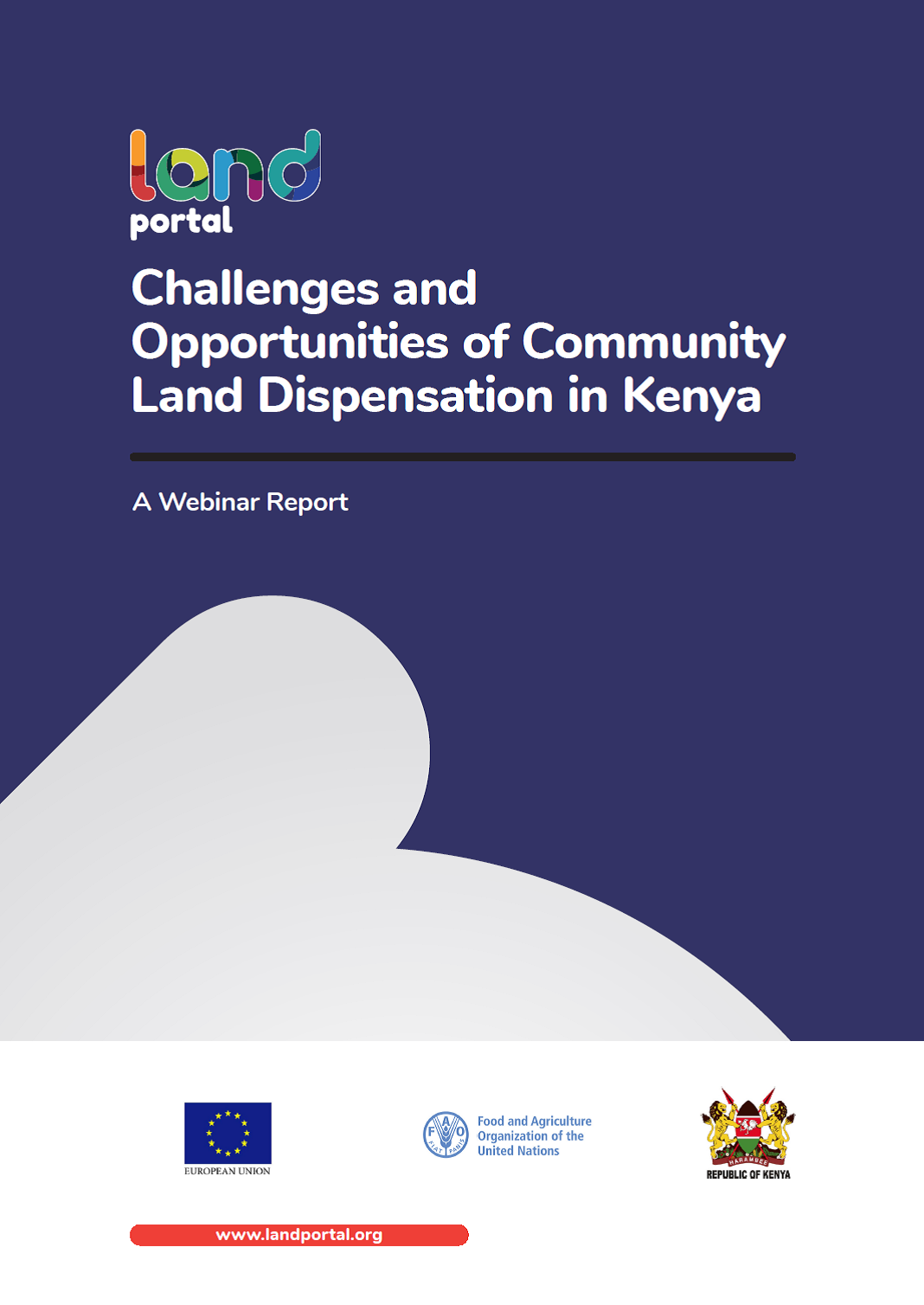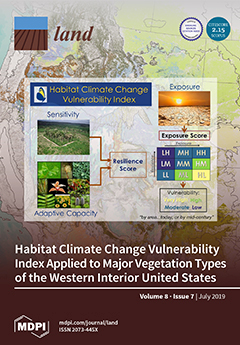Winners and losers: privatising the commons in Botswana
This paper explores key issues relating to the privatisation of livestock production in Botswana, with particular relevance to pastoral livelihoods.The paper reviews the history of land policy; summarises developments in recent years of rangeland policies; and analyses the economic, social and environmental impact of the process of privatising the commons in Botswana.Main conclusions include:the benefits of the privatisation of the commons have mainly been concentrated in the hands of a small number of wealthy cattle owners, an elite consisting largely of members or supporters of the ruling







